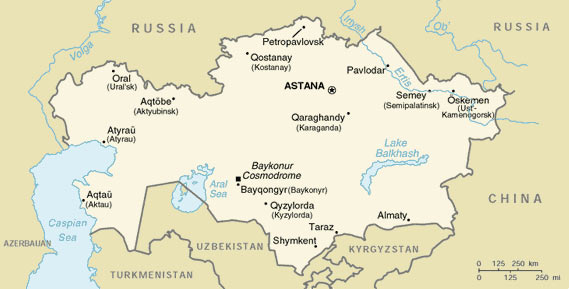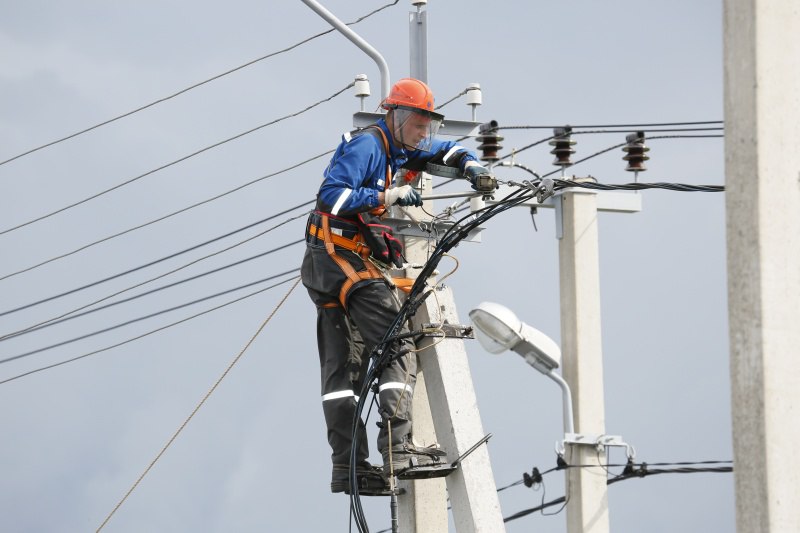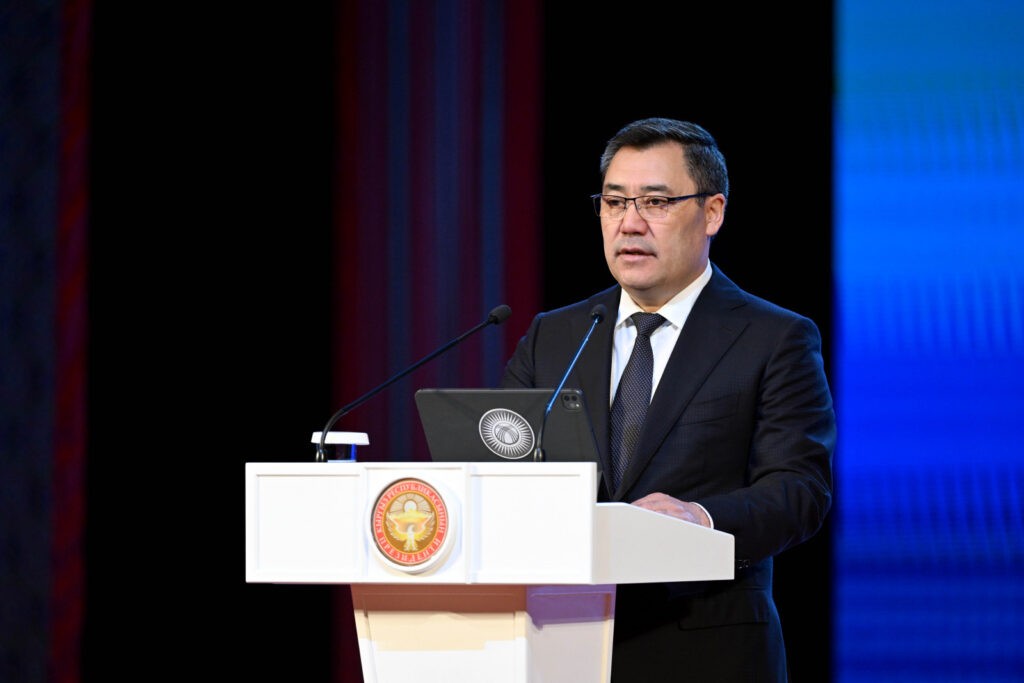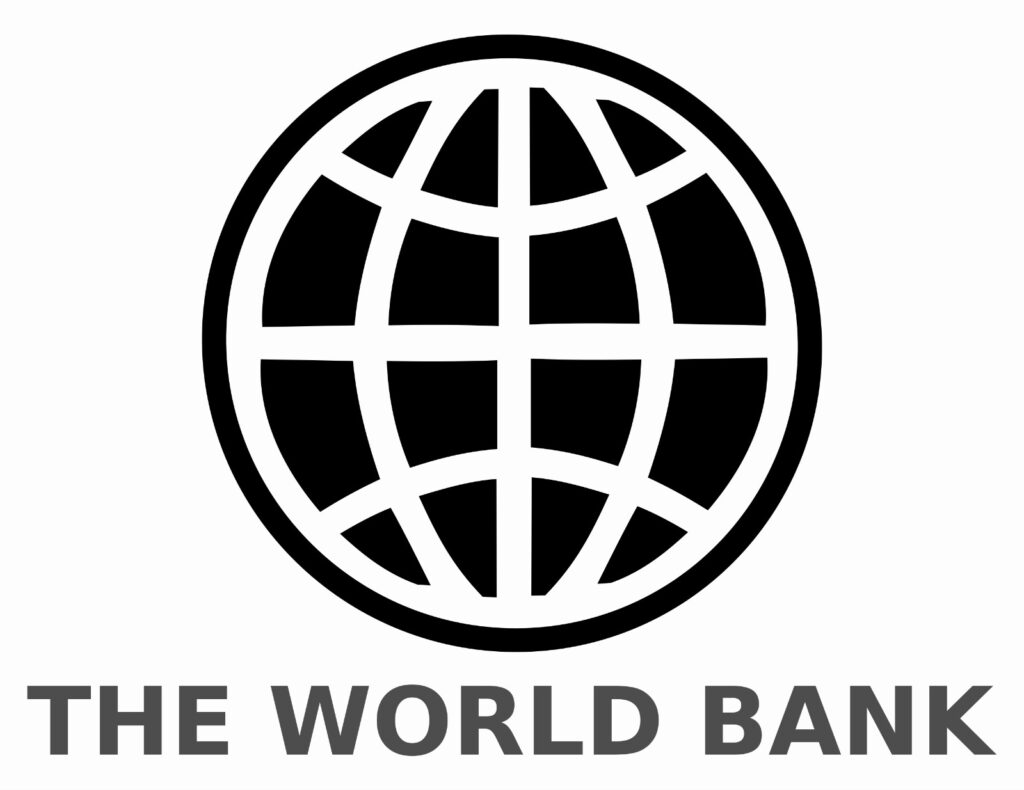ASTANA (TCA) — The European Bank for Reconstruction and Development (EBRD) is continuing to support Kazakhstan’s strategic goal to improve energy efficiency and promote sustainability, known as the “green economy” strategy, with a new financing under the Bank’s own Green Economy Transition approach (GET).
Kazakhstan is a country of extreme temperatures with winters of -45°C and summers of up to +30°. Under these conditions the efficient use of energy is of the utmost importance. A new EBRD loan of 9 billion Kazakh tenge (US$ 27 million equivalent) will support this effort by financing the installation of heat meters in residential buildings throughout the country, the Bank said.
The loan will allow the state Fund for Housing and Utilities Development to install heat meters in individual residential buildings and later start a pilot phase for installation of individual heat substations and wholesale electricity meters.
The new meters will not only help save heat and electricity in Kazakhstan, one of the most energy-intensive economies of EBRD region, but will also help district heating companies to optimize supply and reduce system losses which will reduce energy waste. Kazakhstan is one of the most energy-intensive economies of the EBRD region, with CO2 emissions per unit of GDP reaching 0.6 kg/US$ – roughly 3 times higher than EU average.
The loan agreement was signed on February 28 in Astana by EBRD Director for Kazakhstan, Janet Heckman, and Acting Chairman of the Board of the Fund of Housing and Utilities Development (ZhKH), Qaysar Baydaly. The agreement was signed in the presence of Minister for Investment and Development of Kazakhstan Zhenis Kassymbek, EBRD Vice President for Policy and Partnerships, Pierre Heilbronn, and EBRD Chief Economist, Sergei Guriev.
In recent years, the Government of Kazakhstan has started a number of initiatives aimed at reforming natural monopolies in the municipal infrastructure sectors of water, district heating and electricity distribution. Metering the consumption of these resources is considered key for the success of reforms.
While this effort has already reached high levels in water and electricity, heat meters currently cover only about 45 per cent of households, varying greatly from region to region. The EBRD-supported project will achieve above 80 per cent coverage in the next 2-3 years with the ultimate strategic goal to achieve full coverage country-wide.









